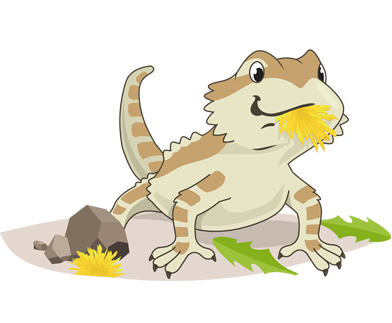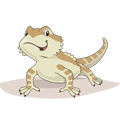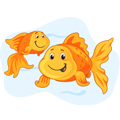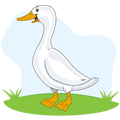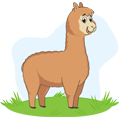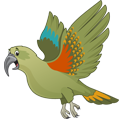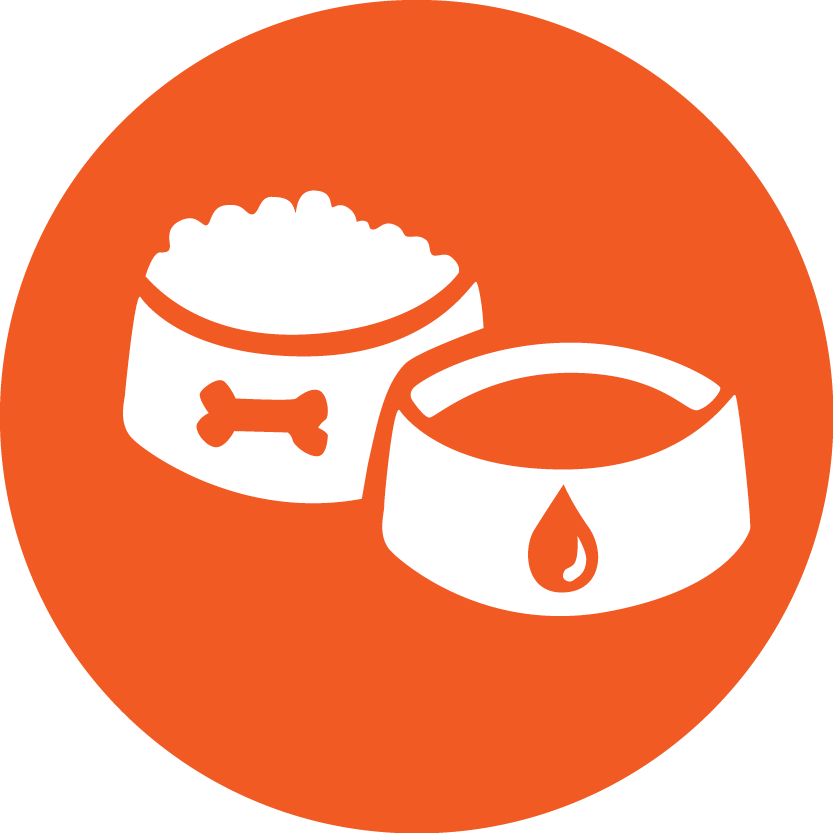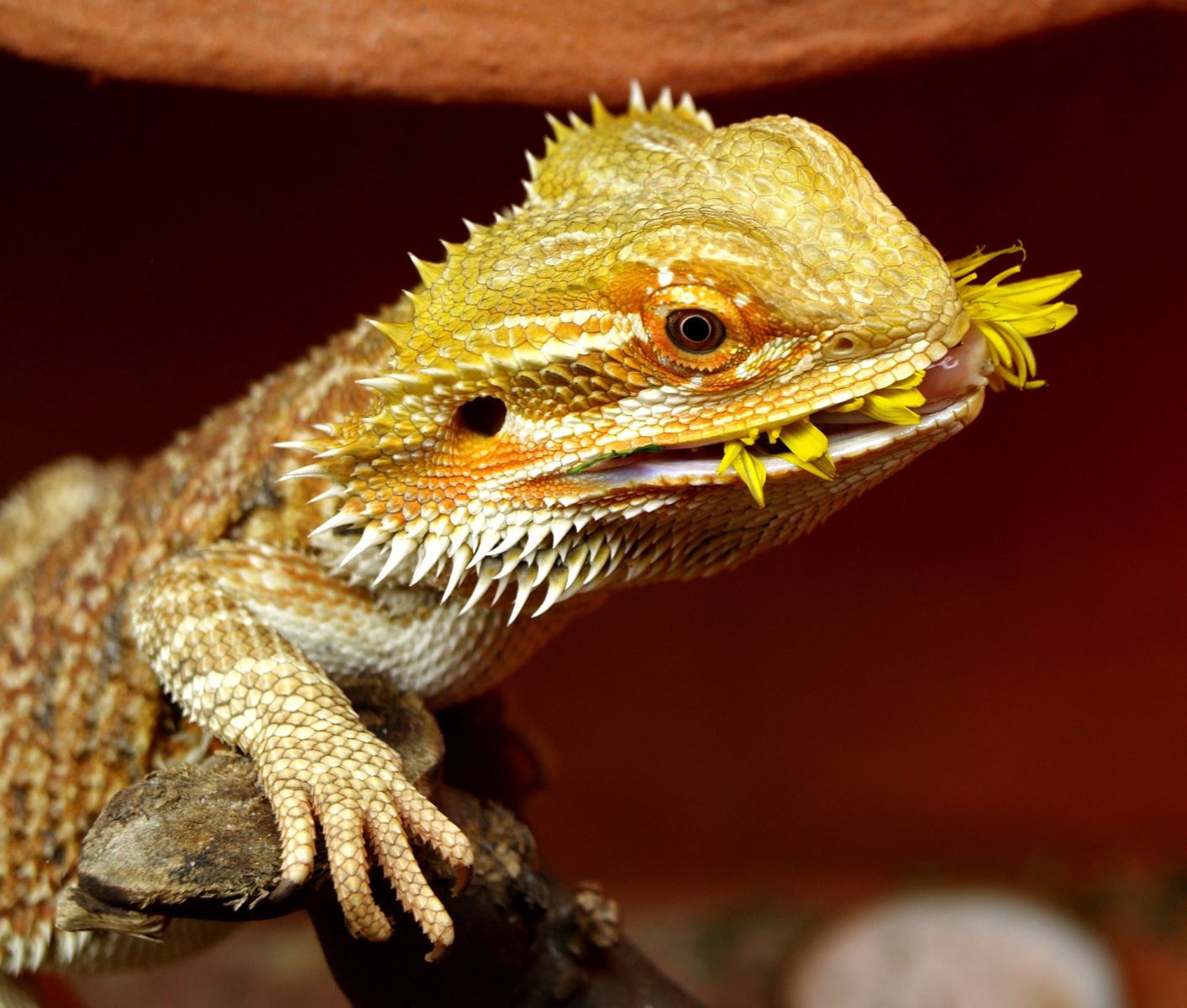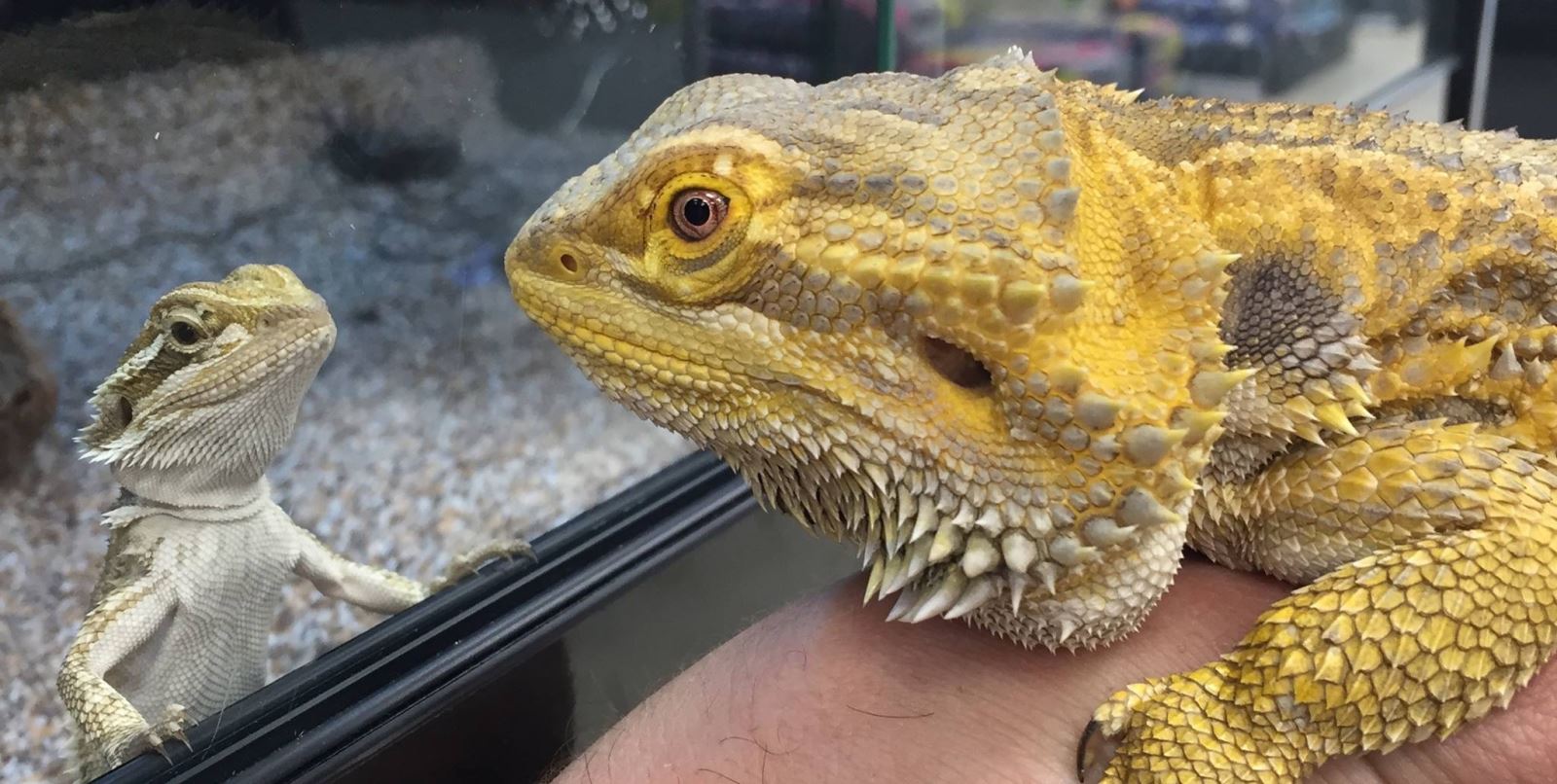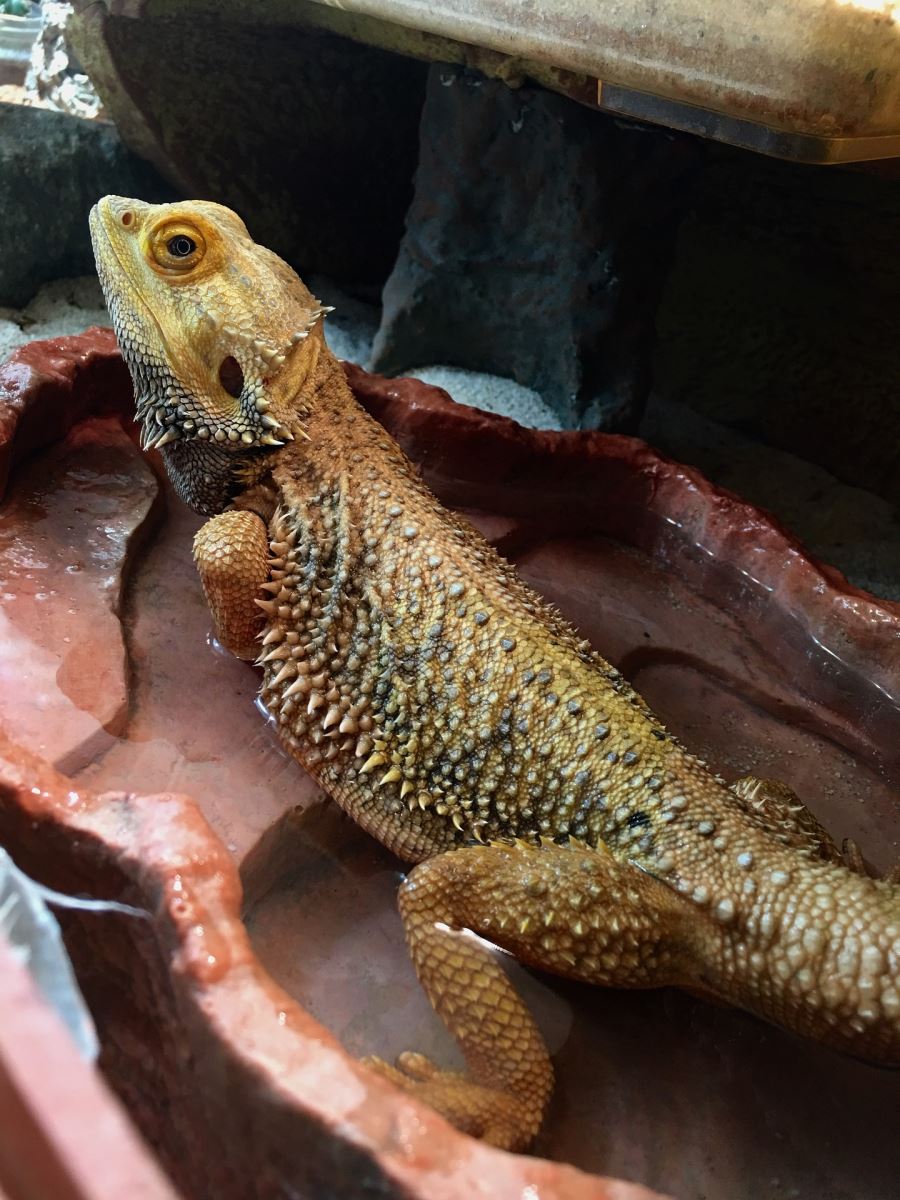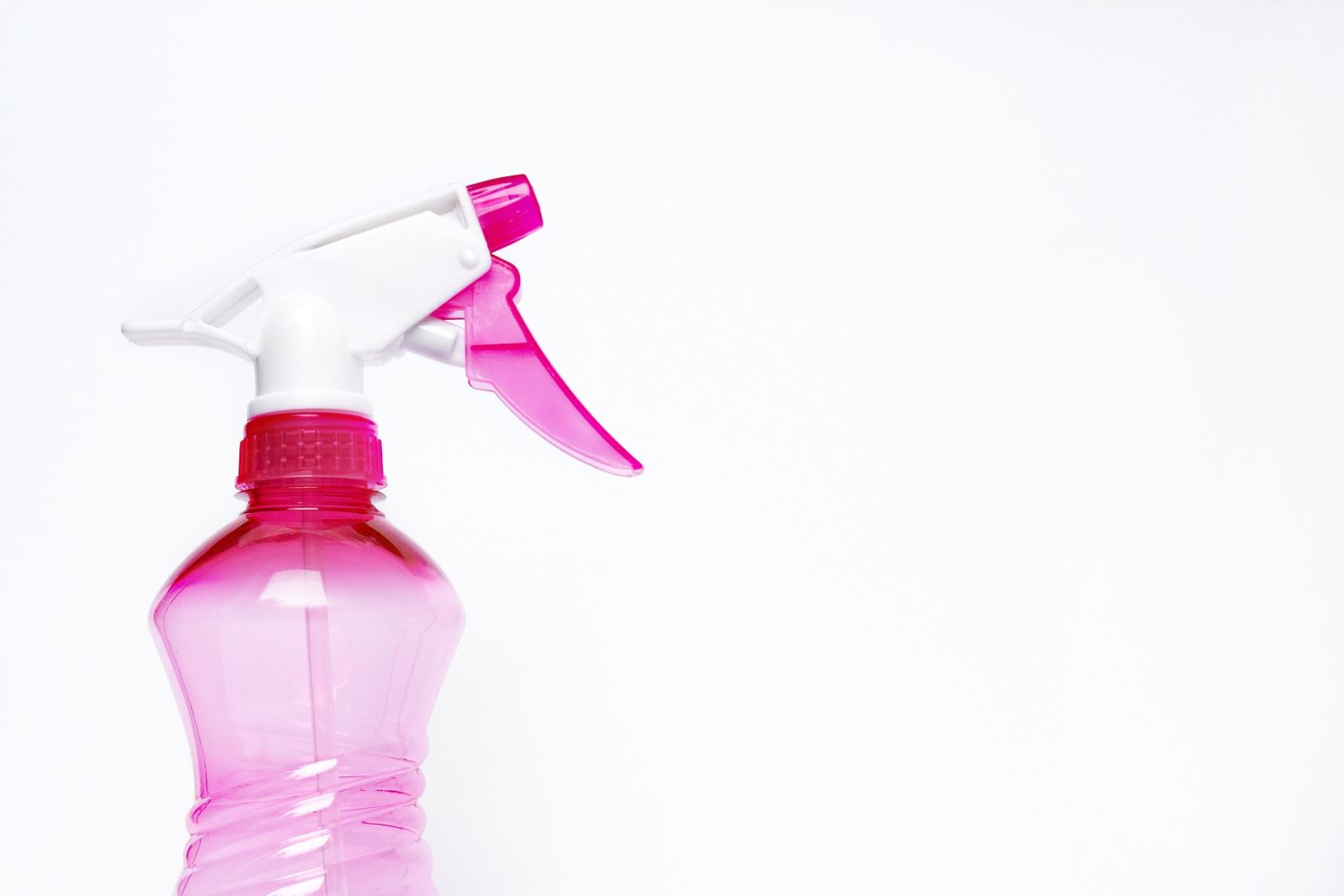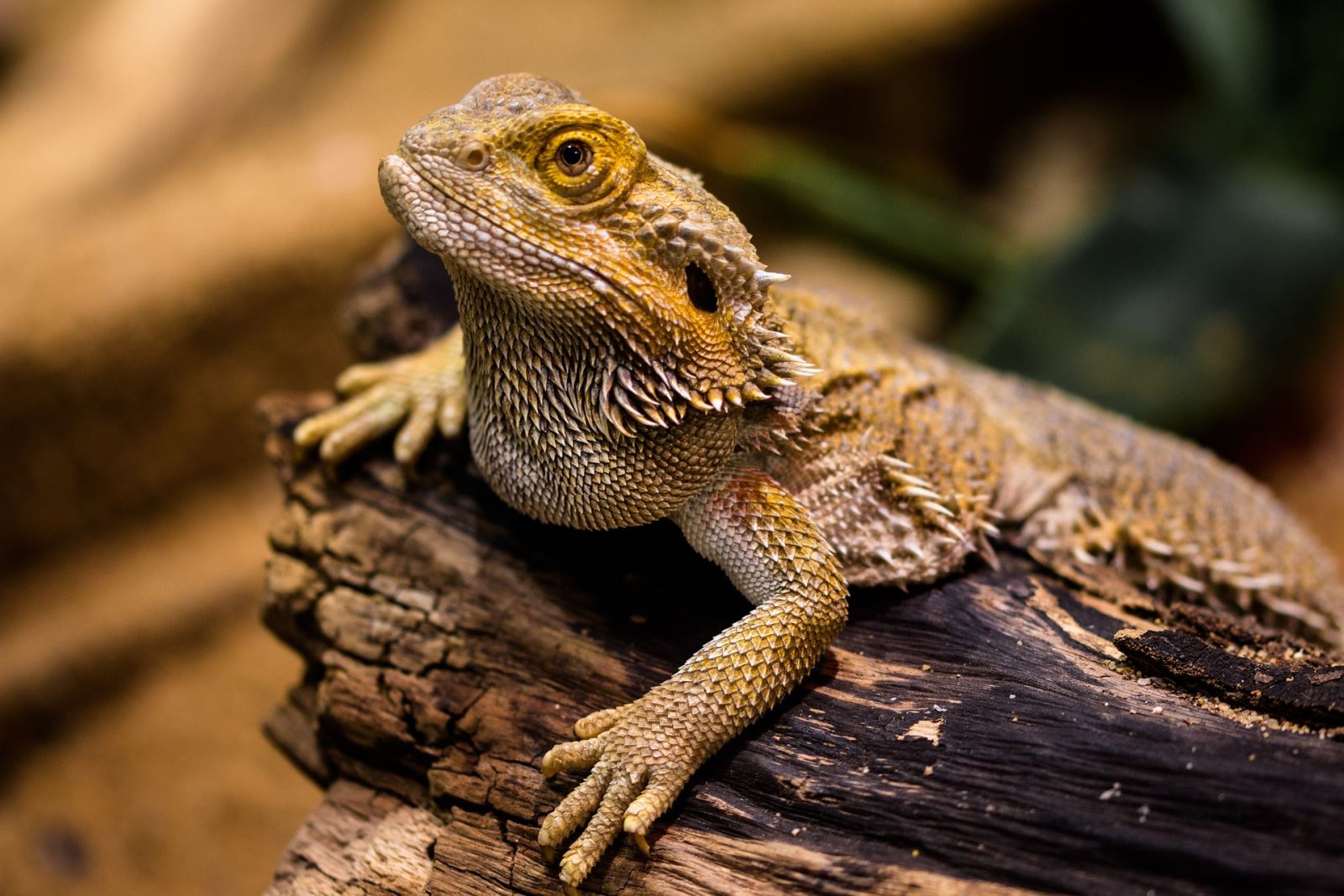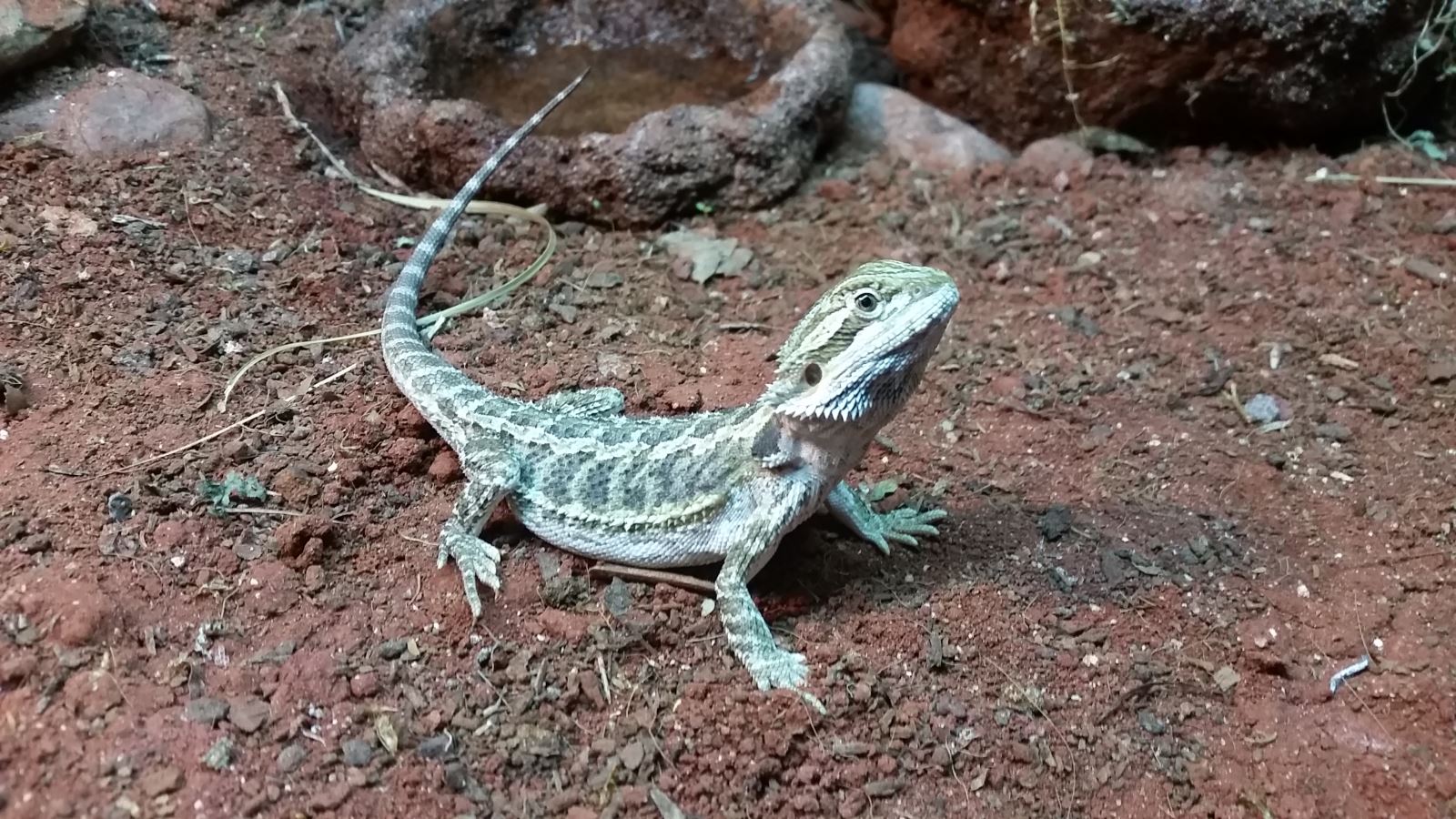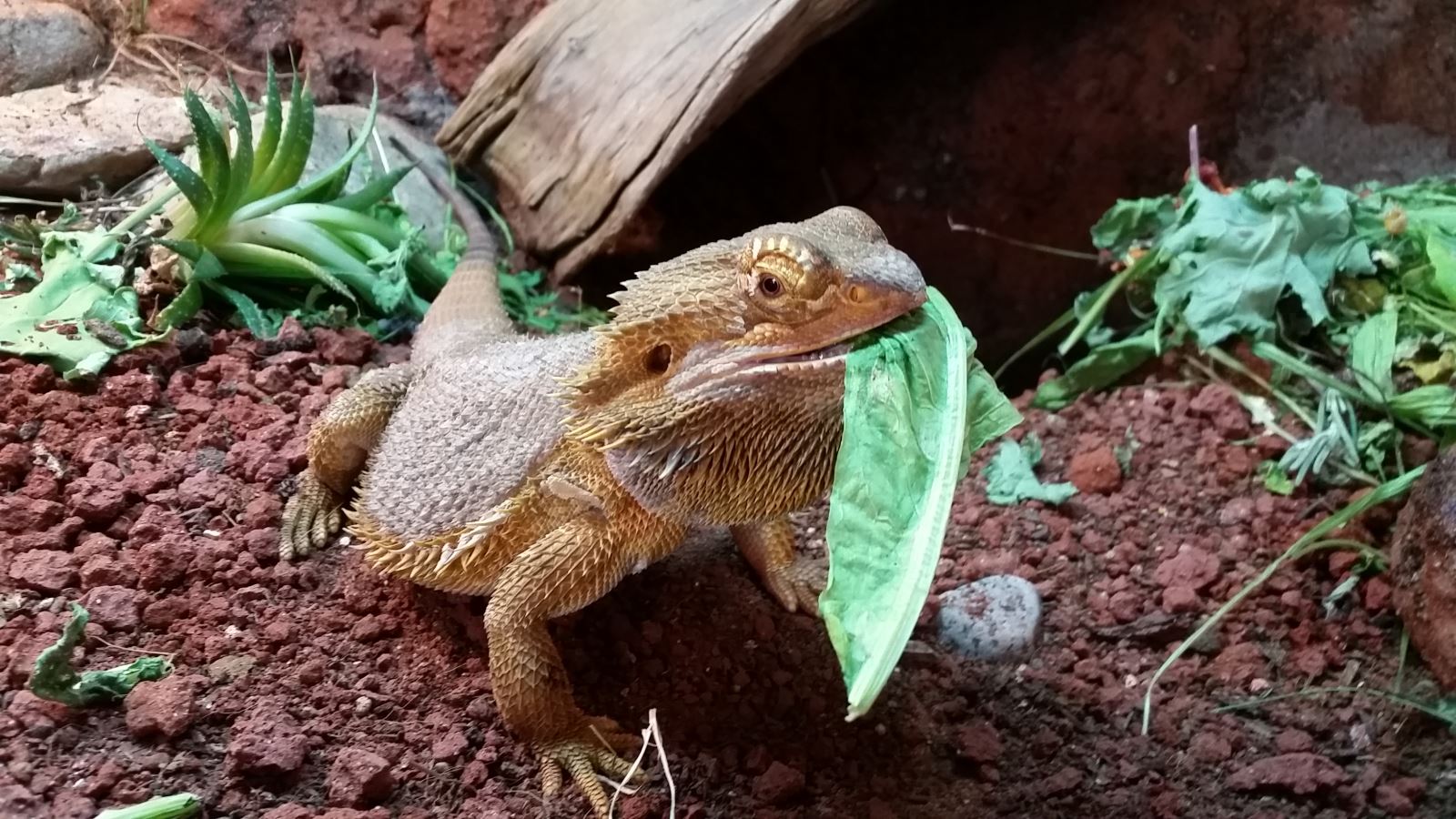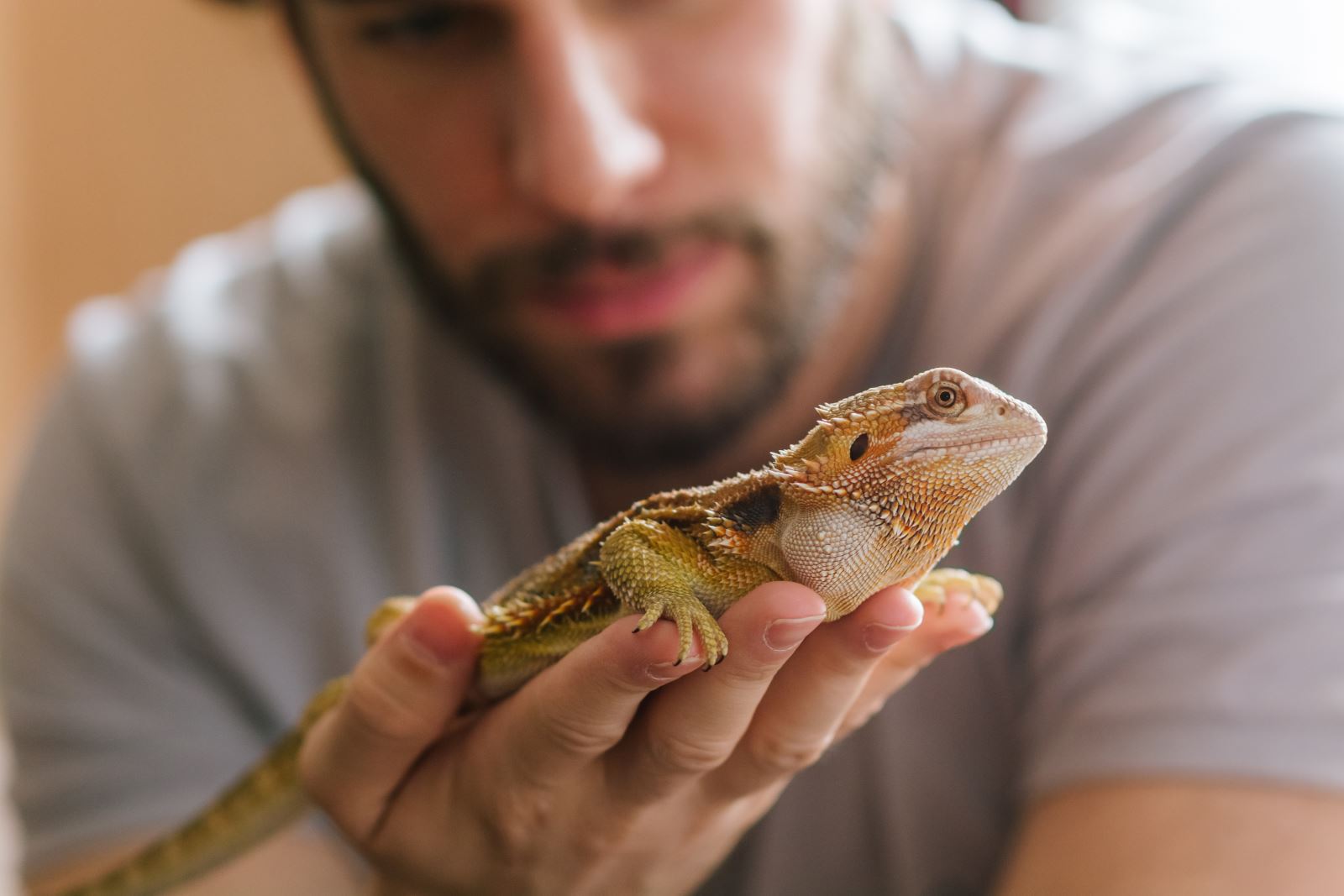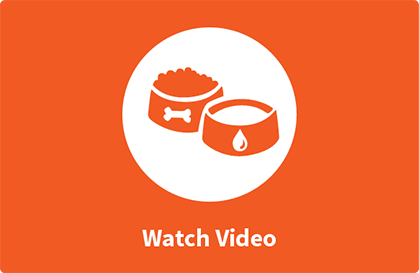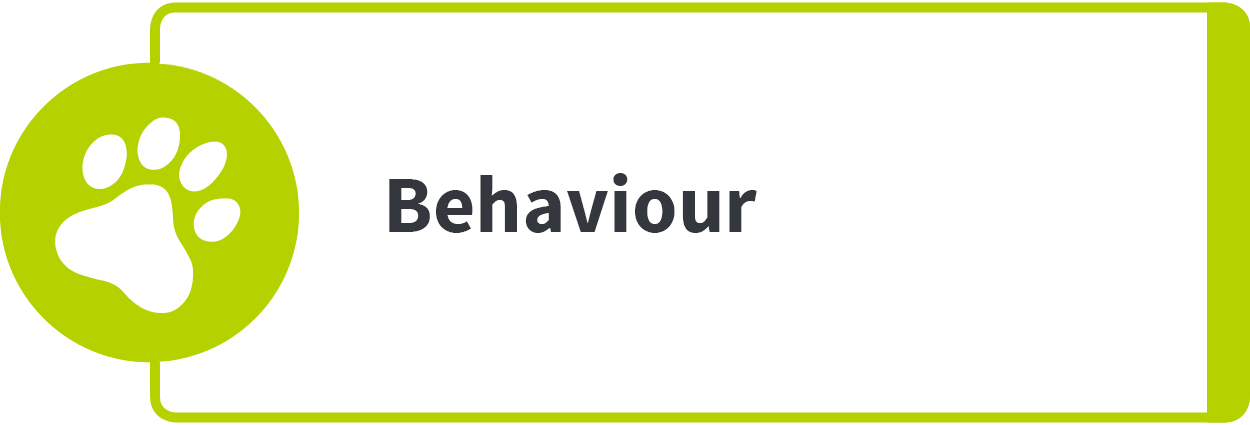Bearded Dragons are omnivores. This means they need a diet that includes plants and insects. A bearded dragon’s diet should consist of safe plants, vegetables, insects, correct supplements, and can occasionally include non-citrus fruits.
Some vegetables that bearded dragons love include dandelions (remove the stems), turnips, green beans, alfalfa sprouts, and yellow squash. They also occasionally enjoy small amounts of fruits such as blueberries, apples, plums, and strawberries. Regarding insects, bearded dragons like crickets, dubia roaches, and various types of worms. It’s important to note that the insects you feed your bearded dragon will also need a proper diet to ensure they are nutritious for your bearded dragon. Always check this beforehand.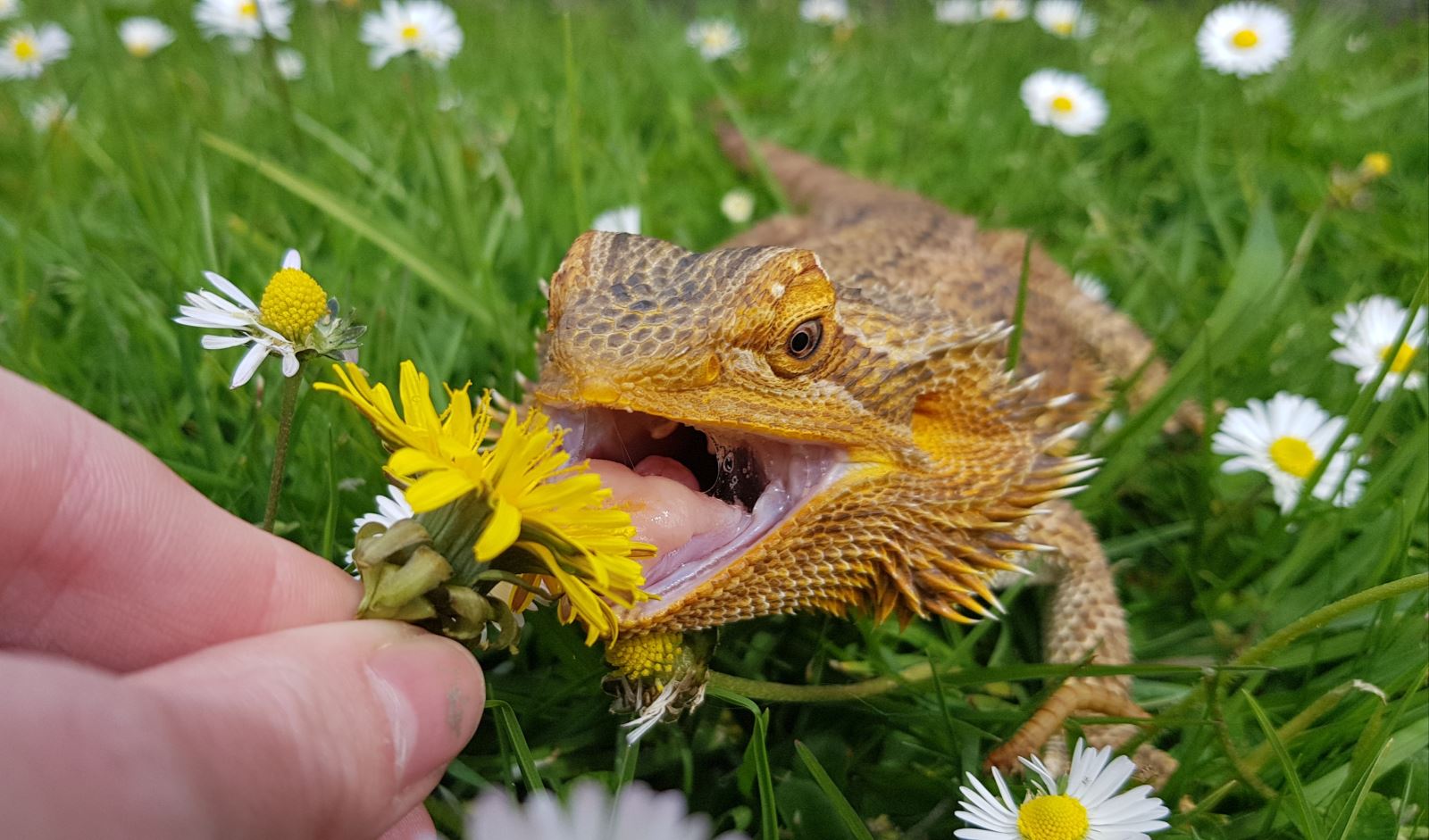
When offering your bearded dragon vegetables, it’s best to give them a variety, not just one type. Imagine if you could only eat green beans for every meal. Not only would you get bored of the vegetable, but you would also not be getting the nutrients you need to be healthy. Just like you, bearded dragons don’t want to eat one type of food for every meal. You will soon learn what your dragon likes and does not like, but always make sure you’re still giving them a healthy mix of foods to ensure they have a balanced, nutritionally complete diet.
It is essential to make sure that the pieces of food and insects you feed your bearded dragon are small enough to fit in your dragon’s mouth and be comfortably eaten. A good way to judge this is by looking at the space between your bearded dragon’s eyes, if the piece of food is larger than this space, then that piece of food is probably too large. It is also important to make sure to clean up any food your dragon has not eaten from the day before feeding them new food.
It is always best to consult a reptile veterinarian for the best possible diet for your bearded dragon. Always talk to a veterinarian before feeding your dragon anything you are unsure of. Reptile veterinarians can also advise you on what foods should be fed daily and which should only be an occasional treat so that your bearded dragon does not become overweight. Bearded dragons can experience many health problems from improper diets, so regular visits to your reptile veterinarian are an important part of their nutritional health.
